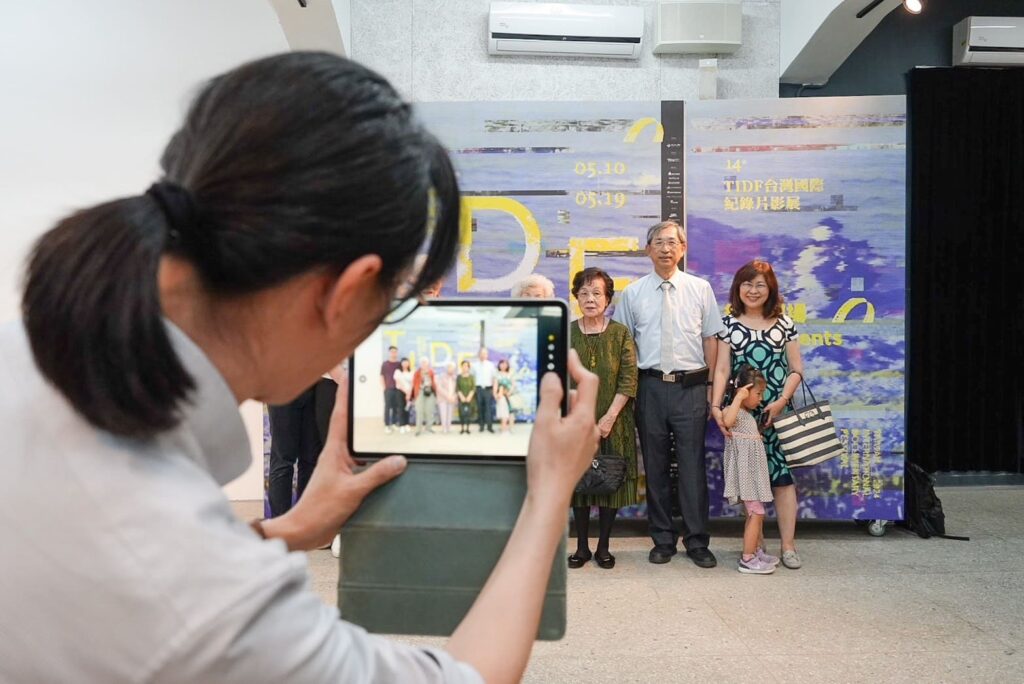Beyond the Frame: The Hsu Tsang-tse Family Archives
When photography was first gaining popularity in Taiwan and film was still hard to come by, Mr. Hsu Tsang-tse began documenting life with an 8mm camera. These carefully restored and digitized films were recently showcased on May 18th at the Taiwan International Documentary Festival in the program “Taiwan Slice | Untitled Reel: Hsu Tsang-tse Family Films (1960-1970).
These films depicting 1960s–70s family life and Taiwanese scenery had long been missing. They were discovered in 2020 when the Chang Yuan Hospital preservation project began. While organizing the old house, Honorary Curator Hsu Cheng-yuan and the X-Basic team uncovered the missing canisters. One particularly meaningful find was Happy Summer Vacation, an 8mm film featuring a young Hsu Cheng-yuan and capturing vibrant moments from the hospital’s early days.
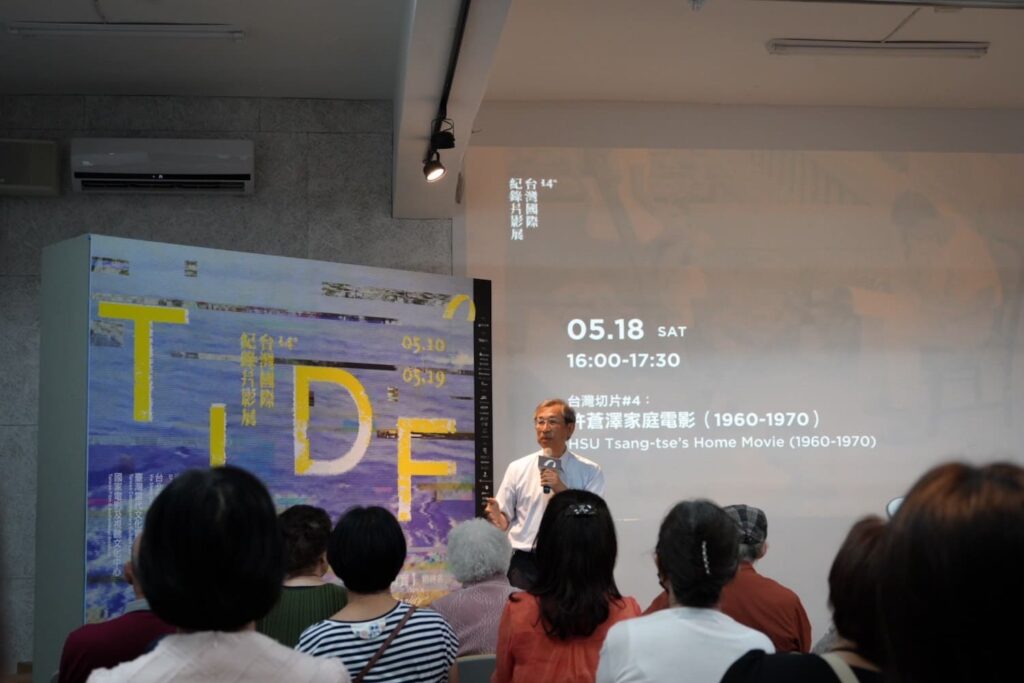
The Passionate Pursuit of Taiwan’s Amateur Photographers
In the 1960s, Mr. Hsu Tsang-tse co-founded the “Banana Club” with Chang Shih-hsien, Chen Lung-san, and other photography enthusiasts. Together, they subscribed to Japanese photography magazines to study advanced techniques. His photograph Black Glasses gained international recognition, winning the annual top prize in “Japan Camera” magazine’s monthly contest, a remarkable achievement at a time when photography was still emerging in Taiwan.
Taiwanese amateur photographers resourcefully sought new knowledge and equipment in an environment of scarcity. Scholar Chen Chia-chi opened the screening with the Hsu family’s 8mm films, followed by a conversation with Hsu Cheng-yuan, Hsu Tsang-tse’s son, who unveiled the personal narratives beyond the frame.
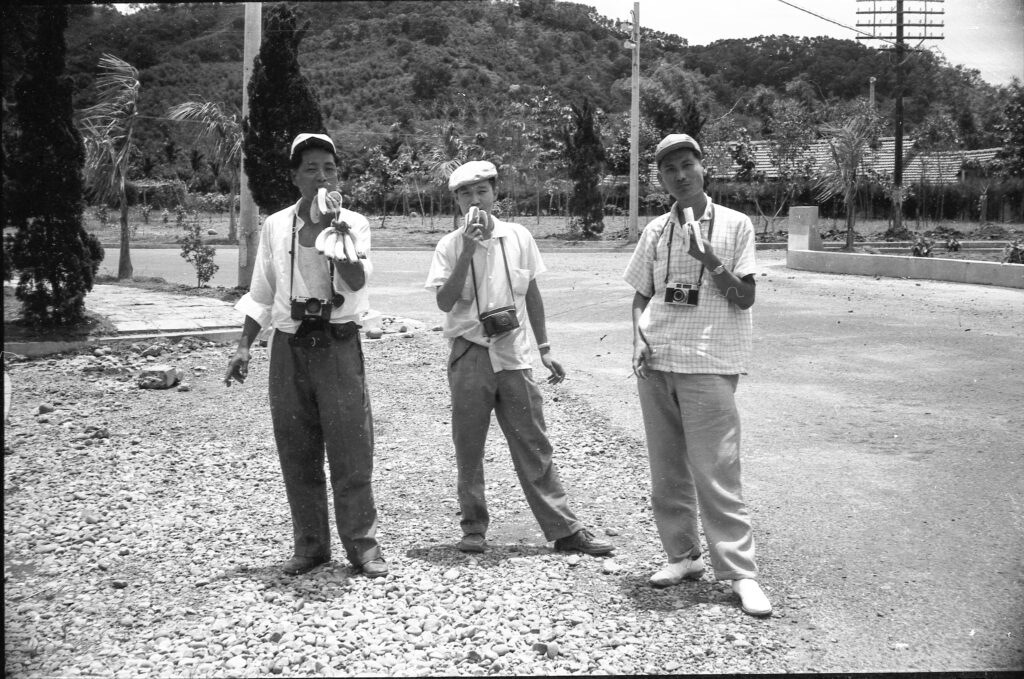
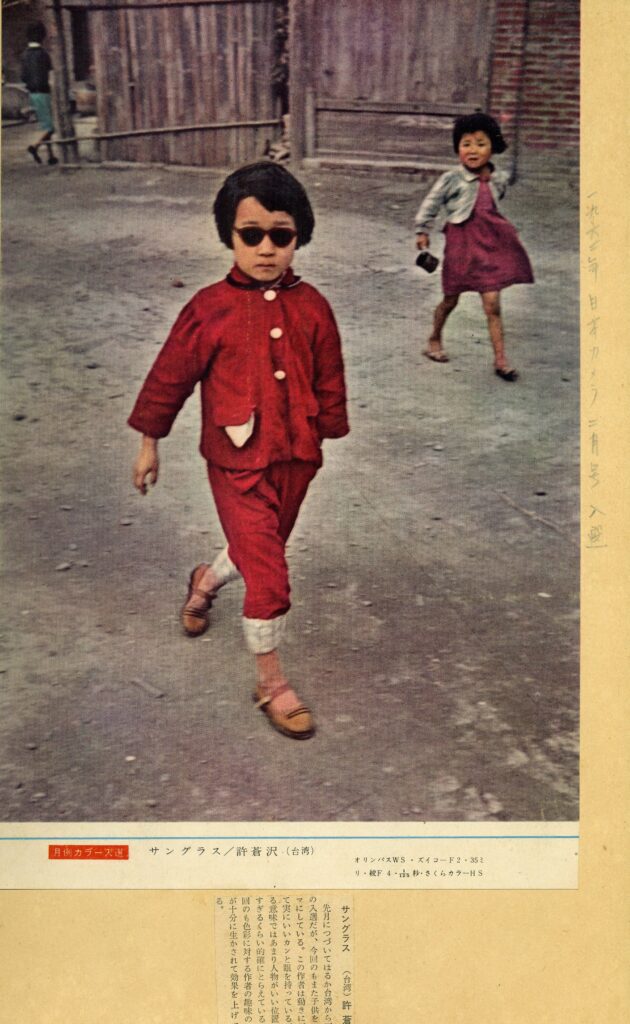
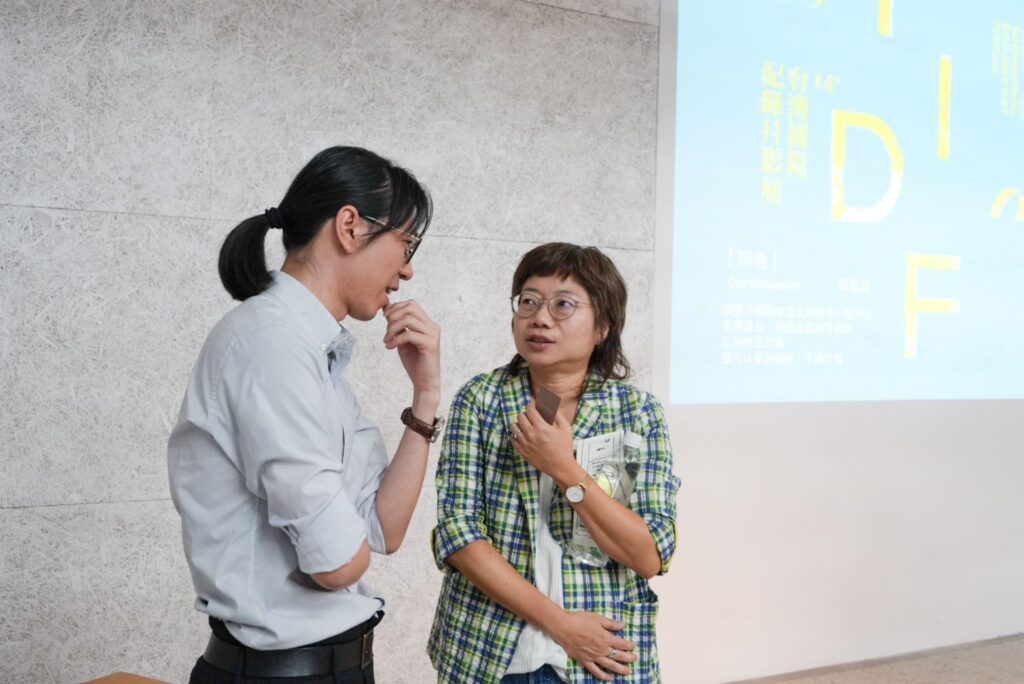
The Everyday as Muse: A Film Director’s Vision
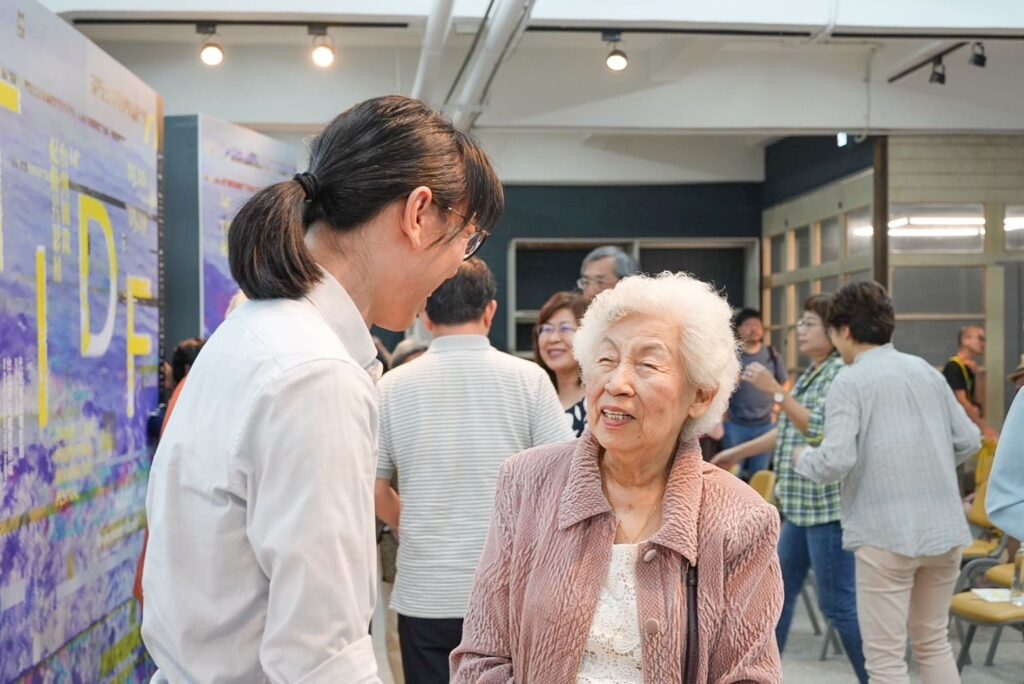
The rescreening’s standout feature was the recovered home movie “Happy Summer Vacation,” a poignant glimpse into a bygone summer. Shot at Changyuan Hospital in Lukang, this home movie immortalizes a scene from sixty years ago: children finding ways to play indoors on a hot, endless holiday. It is worth noting that these family films were not solely created by Hsu Tsang-tse. A 1964 film documenting a journey around the island begins with the passing of Honorary Director Hsu Cheng-yuan’s maternal grandfather, tracing the family’s funeral trip to Hualien, a visit with “Banana Club” member Chang Shih-hsien, a flight over the East Rift Valley, and a return to Lukang via the South Link Highway. Through these raw color images, largely filmed by Hsu Tsang-tse’s wife, Shih Hsiu-hsiang, we see more than just scenic landscapes; we witness genuine, tender interactions between father and son, their emotions naturally unfolding as the film rolled.
Also included were home movies by the youngest daughter, Hsu Chin-ying, and her husband Yang K’un-sheng, who took up photography inspired by her father, Hsu Tu. For the event, Ms. Hsu Chin-ying and numerous Hsu relatives traveled to the venue to revisit their family travels, their parents’ memories flickering back to life in the colorful images on the screen.
Taiwan’s 1960s-70s: A View Through 8mm Film
An 8mm film reel could record only 3 minutes and 20 seconds, and its framing was limited to the immediate vicinity of the filmmaker. Despite this, Taiwanese photography lovers created a wealth of cherished films, preserving their distinctive worldview through motion. Through Mr. Hsu’s 8mm films, we can still glimpse the original landscapes of the Central Cross-Island Highway and Taroko Gorge and feel the vibrant family life that fueled his artistic energy.
Preserving the film’s noise and blurred scenery, these digitized home movies allow viewers’ memories to find refuge—a concept that directly mirrors the principle of old house restoration. In renovating Chang Yuan Hospital, the X-Basic team preserved, rather than erased, a century of use. By letting the building’s traces of time remain, they enabled its details to narrate their own history, creating a soft landscape of memory that blends into the clean lines of the modern city.
